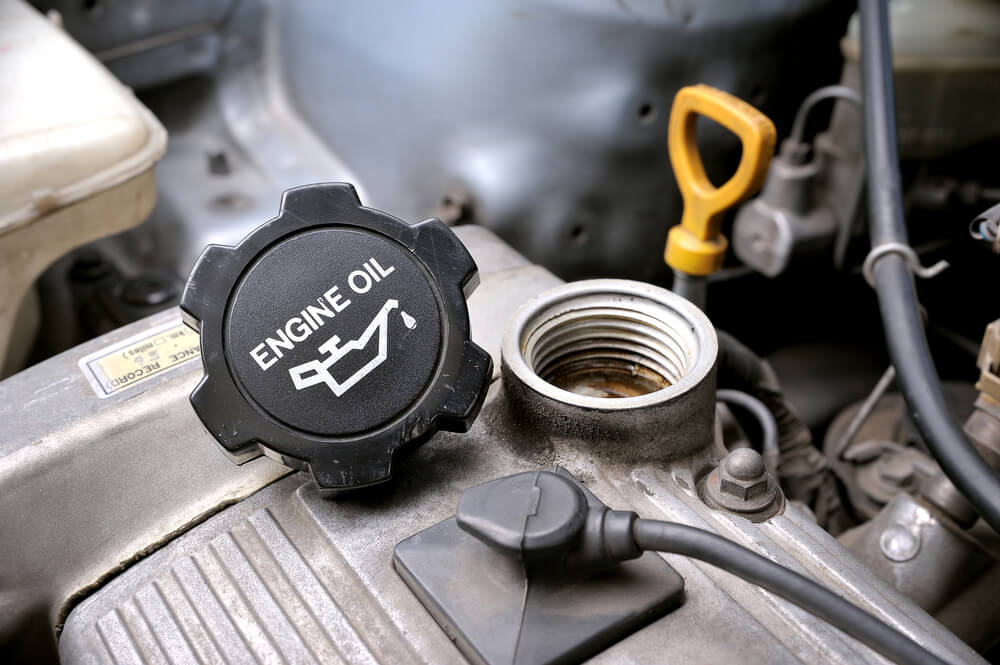Types of Oil and How they Affect the Environment
Most of us do not put much thought into the oil inside our vehicles. We know oil is necessary to keep parts properly lubricated and running. However, petroleum products are notorious for contributing to global warming.

You cannot avoid oil consumption. After all, your vehicle runs on it. By being more environmentally-conscious, however, you can reduce how much of an impact you have and choose the right oil to lessen that impact. Synthetic motor oil is the lesser of the two evils when it comes to oil. Before choosing synthetic at your next oil change, consider why synthetic is better than traditional oil, but also the impact it has.
The Advantages of Synthetic Oil
Modern vehicle manufacturers often recommend synthetic oil, and it is the conventional factory oil for most car care experts as well. When you bring your car in for auto repairs in Vancouver and its surrounding cities, you may notice that the auto technician recommends synthetic too. Here are just a few reasons why synthetic is preferred over traditional motor oil:
- Temperature Durability: Unlike conventional motor oil, the synthetic version does not thicken during cold temperatures; therefore, your engine does not experience pressure.
- Evaporation: Synthetic oil does not evaporate as quickly as traditional motor oil, which reduces sludge and replacement needs.
- Better Fuel Economy: Because your synthetic oil stays fluid and viscosity remains continuous, you consume less fuel, which is a bonus for the environment.
- Fewer Repairs: You have fewer instances of friction with your vehicle’s components; therefore, you have fewer repairs required over time.
The Disadvantages of Synthetic Oil
Synthetic oil is expensive compared to traditional motor oil, but when you consider the repair, fuel, and environmental savings, it is worth the added cost. However, there are a few disadvantages of synthetic oil you should be aware of:
- Disposal: Disposing of synthetic oil is just as problematic as disposing of traditional motor oil. While you have special disposal centres, the disposal process still contributes to global pollution.
- Pollutes During Production: Synthetic oil goes through a production process, during which the petroleum by-products used still emit carbon dioxide. Therefore, synthetic motor oil is not 100 per cent environmentally friendly.
Hope for the Future?
Vegetable by-products are still being tested but may become a viable option to replace all traditional and synthetic oils. However, mass production of bio-based oils is something very far out in the future. While companies are working on creating bio-based products, these oils would require setting aside thousands of acres of crop that would otherwise be used as a food source.
Maintain Your Vehicle and Choose the Best Oil for the Environment
While oil does play a role in environmental efficiency, how you maintain your vehicle also matters. Bring your car for an oil change into the technicians at Minit-Tune & Brake Auto Centres. Our team will recommend the right oil based on your vehicle’s needs, and also help you maintain your vehicle, so you lessen your impact on the environment.
Book an appointment by finding a location near you. If you have questions about motor oil, contact a centre in your area.
MINIT-TUNE BLOG
Minit-Tune & Brake Auto Centres Address Common Issues
Here at Minit-Tune & Brake Auto Centres in British Columbia, we’re always pleased to help our customers get the most out of their cars and trucks. To that end, we’ll add a relevant blog topic from time to time to keep you up to date and getting the most out of your vehicle.
